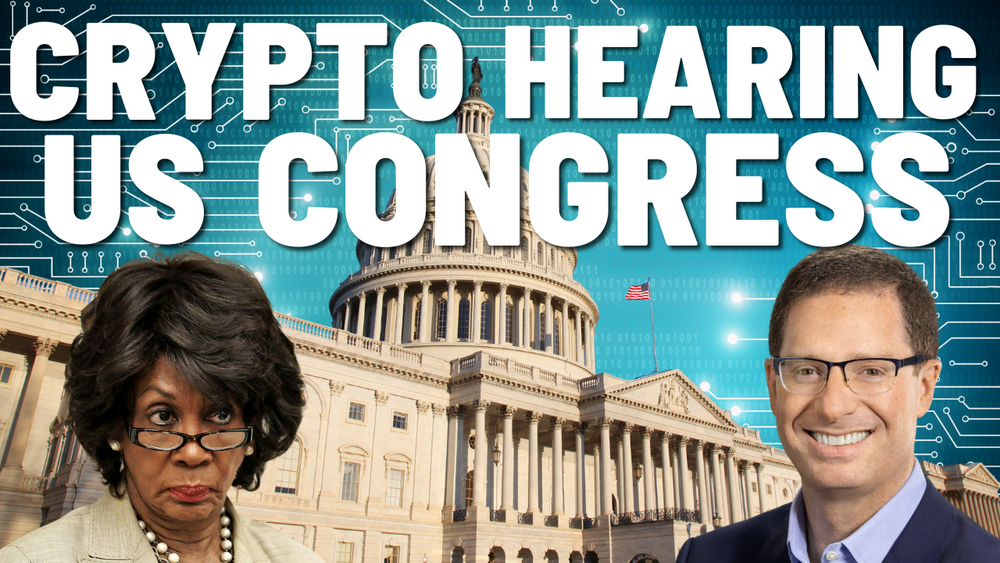The CEOs of many prominent cryptocurrency startups travelled to Capitol Hill for a Congressional hearing. The topic of the hearing was reportedly on 'Digital Assets and the Future of Finance: Understanding the Challenges and Benefits of Financial Innovation in the United States', and it was held by the House Financial Services Committee.
Some of the more notable attendees included FTX CEO, Samuel Bankman-Fried. FTX is one of the world's biggest and most active cryptocurrency exchanges. Coinbase Global CFO Alesia Haas, Circle CEO Jeremy Allaire, Paxos CEO Charles Cascarilla, Bitfury CEO Brian Brooks, and Stellar Development CEO Denelle Dixon were all in attendance as well.
What were the main highlights?
Although the CEOs requested customized laws and regulations to respond to the developing cryptocurrency sector, they also warned against severe restrictions which could end up stunting innovation. Stablecoins and how they functioned were also reportedly discussed.
The legislators, led via California Democratic Representative Maxine Waters who acted as the committee's chairperson, asked various technical questions. Representative Waters went on to say that the overall popularity of digital assets such as cryptocurrencies has greatly risen throughout the ongoing COVID-19 global pandemic, and that the existence of cryptocurrencies has thus vastly 'contributed to working people searching for viable alternatives so that they can financially recover by investing in numerous cryptocurrency assets'. However, she added, as things stand right now, cryptocurrency markets lack a centralised regulatory framework, making digital asset investments prone to fraud, scams, money-laundering, manipulation, and other kinds of misuse.
Representative Patrick T. McHenry of North Carolina nevertheless stated that his colleagues might not be as tech-savvy as they ought to be in order to effectively design new rules and regulations, after which he then asked as to whether anyone in the current administration is actually knowledgeable enough about cryptocurrencies to create an appropriate regulatory framework or not. He then added that the U.S does not require politicians to hastily regulate and restrict out of anxiety and paranoia rather than attempting to comprehend what this new kind of technology truly is and what it may lead to. This dread of the unknown, he concluded, as well as the push to regulate before knowing, will in all likelihood inhibit American inventiveness and place the country at a competitive disadvantage.
What to expect going forward?
Ultimately, the CEOs agreed that regulation might indeed be beneficial since it would define the role of numerous products and services while minimising any future confrontations between service providers and regulators. Samuel Bankman-Fried in particular stated that regulation is very likely and that it's essential. He added that more regulation would be a healthy development for the sector, if done properly.
In the end, the hearing took place at a time when governments all over the world are deciding whether to follow China's example and entirely prohibit or regulate cryptocurrencies as well as digital assets, or to alternatively allow the embryonic technology to thrive as it has in El Salvador. Other notable developments which occurred included the proposed Token Taxonomy Act, which seeks to define digital tokens as not being securities.














